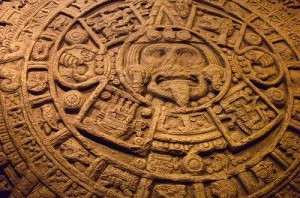Some of the people who lived 3000 to 4000 years ago built pyramids and other megalithic buildings. They traveled in ships to various places around the world in search of minerals and natural resources. They made calendars that showed the correct length of a solar year. They obtained minerals such as iron and copper from smelting furnaces. They measured the earth, surveyed it, and made accurate maps of the earth. Continue reading The Regression of Early Civilizations
Category: Archeology
Cast Your Bread Upon the Waters
“Cast your bread upon the waters, for after many days you will find it again. Give portions to seven, yes to eight, for you do not know what disaster may come upon the land.”
When King Solomon wrote these words, he wasn’t speaking in riddles. His advice was a comparison about making wise investments and getting a return on those investments. King Solomon of Israel and King Hiram of Tyre had formed an alliance and had also developed a friendship. The Israelites had little knowledge of navigating ship on the open ocean, but the Phoenician sailors of Tyre had a long history of ship building and traveling long distances by ships in search of minerals and other natural resources.
Demystifying the Mayan Calendar
It’s time to demystify the Mayan calendar, which ends on December 21, 2012. It is causing quite a stir among many people who are wondering if the Mayans have really identified this date as the time for worldwide catastrophic events.
My husband and I were traveling through a small town recently and stopped at a local café to eat. A young man seated near us was passionately trying to persuade his friends to stock up on food, water, batteries, and other supplies, because December 21, 2012, was going to start a period of worldwide catastrophes.
